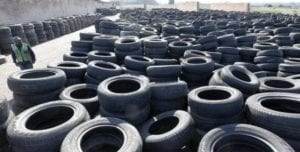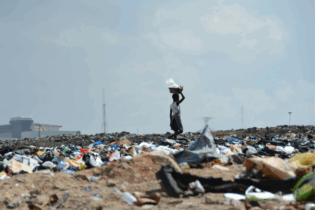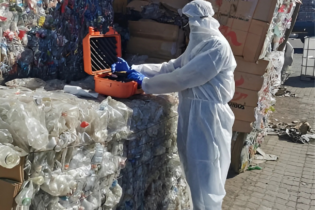 The waste industry is fast becoming a significant economic driver both globally and locally.
The waste industry is fast becoming a significant economic driver both globally and locally.
According to the UN’s projections for the period between 2015 and 2030, Johannesburg’s population will grow from 9.3-million to 11.5-million and Cape Town’s population from 3.6-million to 4.3-million, leading to a significant increase in the amount of waste generated.
Currently, 90% of the waste collected in South Africa ends up in landfills due to low levels of household waste recycling which is becoming a massive problem for the country as in a few years there will be no space for this waste to go to.
According to the McKinsey report on
Managing waste in emerging markets, by 2020 REDISA is expected to deliver an aggregated economic benefit of approximately $6 million to South Africa. In addition, when REDISA reaches its planned objectives for collection and treatment, it is estimated that the system will also generate an annual environmental benefit of $22 million.
This means that without the implementation of the REDISA tyre waste management plan, there would be no economic and environmental benefits to the country and the problem of waste in landfills would not be addressed.
According to the report, the collection and sorting of recyclables, such as tires, can provide livelihoods for many individuals outside of larger companies—and often outside of the formal labour market altogether. Moreover, processing and recycling can give birth to a number of small to midsize companies.
“For every 1 000 metric tons of tires REDISA collects, up to ten full-time jobs are created, often in parts of the country where customary employment schemes have less reach, thus offering livelihoods to people who may otherwise have limited access to the job market,” says the report.
REDISA concluded in a statement: “We simply cannot afford to have a business as usual approach when it comes to dealing with waste.”
 The waste industry is fast becoming a significant economic driver both globally and locally.
The waste industry is fast becoming a significant economic driver both globally and locally.





